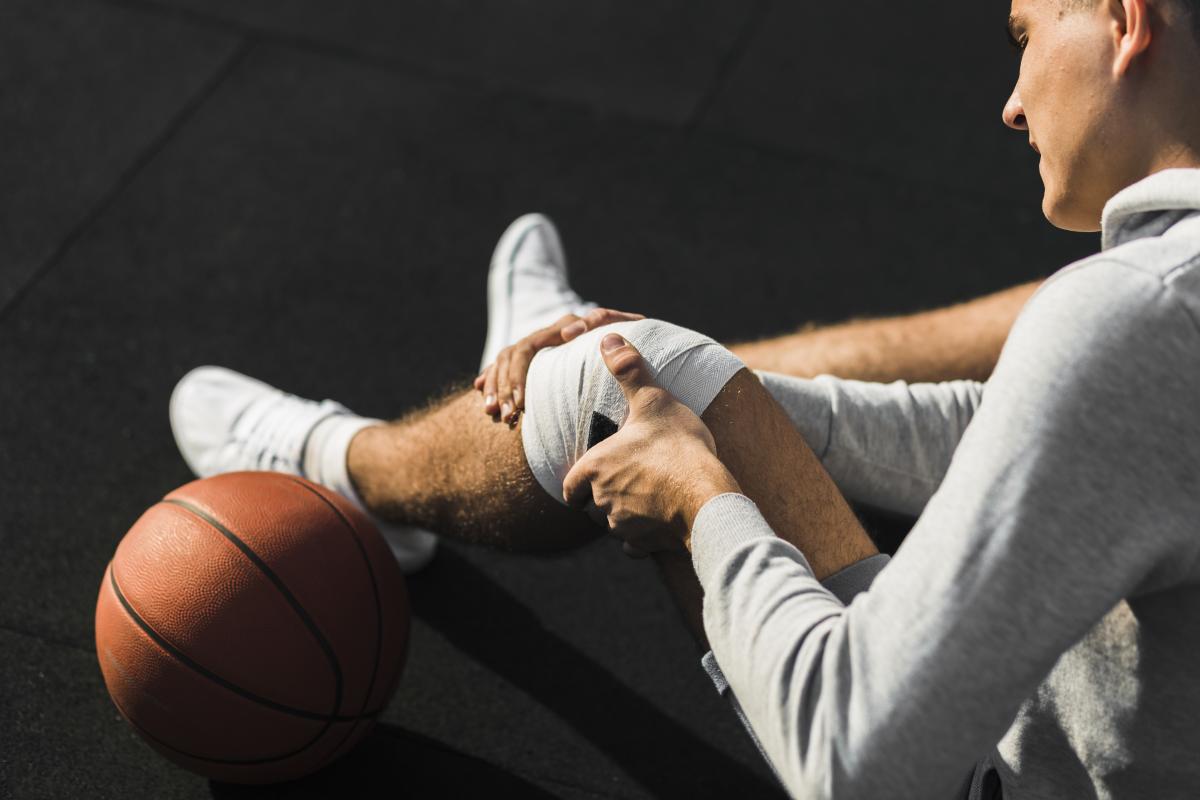Sep 23, 2025
Introduction
Sports and physical activities are an excellent way to stay healthy and active, but they also carry the risk of spine injuries. From poor technique to overtraining, athletes often place significant strain on their backs. Spine injuries not only affect performance but can also lead to long-term complications if left untreated. This blog shares essential prevention tips and explains when it may be time to seek help from a specialist such as a spinal surgeon Chesterfield.
Common Sports-Related Spine Injuries
Herniated Discs
- Caused by repetitive bending, twisting, or sudden impact that leads to disc bulging or rupture.
Sprains and Strains
- Result from overstretching or tearing ligaments and muscles that support the spine.
Spondylolysis and Spondylolisthesis
- Stress fractures in the vertebrae, often seen in sports requiring repeated back hyperextension, such as gymnastics or diving.
Spinal Cord Injuries
- Severe trauma can damage nerves and spinal tissues, though these are rare in most sports.
Tips for Preventing Spine Injuries
1. Warm-Up Properly
- Begin with light exercises to increase blood flow and loosen muscles.
- Try dynamic stretches like arm circles, lunges, or leg swings.
- Engage your core and back muscles to prepare for activity.
2. Use Proper Technique
- Incorrect form is one of the leading causes of spine injuries.
- Train under the guidance of a coach or professional.
- Avoid overextension, jerky movements, or unnecessary twisting.
3. Strengthen Your Core
- A strong core stabilizes the spine and reduces injury risks.
- Add planks, bridges, and bird-dog exercises to your workout routine.
4. Wear Protective Gear
- Depending on the sport, use back braces, helmets, or pads to protect your spine.
5. Rest and Recovery
- Overtraining weakens muscles and increases injury risks.
- Schedule rest days and get adequate sleep to allow tissue repair.
6. Gradual Progression
- Increase training intensity or weights slowly. Sudden overload can strain the spine.
7. Stay Flexible
- Stretching improves range of motion and reduces stiffness.
- Focus on the hamstrings, hip flexors, and lower back.
8. Hydrate and Eat Well
- Dehydration causes muscle fatigue and poor performance.
- A nutrient-rich diet supports bone and muscle strength.
What to Do If You Suspect a Spine Injury
If you feel back pain during or after sports:
- Stop the activity immediately.
- Apply ice to reduce swelling and discomfort.
- Rest and avoid movements that worsen pain.
- Seek medical evaluation if symptoms persist or intensify.
For recurring or severe pain, professional treatment is essential. An experienced orthopedic surgeon Chesterfield can assess your condition and recommend safe recovery options. In advanced cases, you may be referred to an orthopedic spinal surgeon Chesterfield for specialized care and treatment.
Conclusion
Preventing sports-related spine injuries starts with proper technique, conditioning, and listening to your body. By following these tips, athletes can stay active while protecting their spine health. And if pain or injury occurs, timely consultation with a trusted expert ensures the best recovery and long-term performance.
